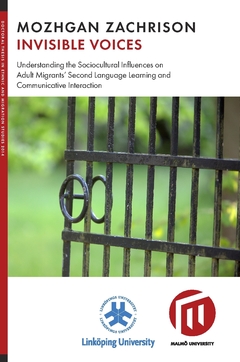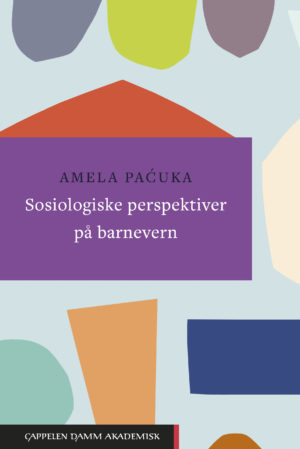Malmö Studies in international migration and ethnic relations nr 12
Linköping studies in art and sciences nr 626
This dissertation is a qualitative study exploring the sociocultural influences on adult migrants’ second language learning and the communicative interaction through which they use the language. Guided by a theoretical perspective based on the concepts of life-world, habitus, social capital, symbolic honor, game, and the idea of the interrelatedness of learning and using a second language, this study aims to understand how migrants’ everyday life context, attachments to the home country, and ethnic affiliations affect the motivation for and attitude towards learning and using Swedish as a second language. Furthermore, the study explores in what way the context within which the language is taught and learned might affect the language development of adult migrants. The research questions of the study focus on both the institutional context, that is to say, what happened in a particular classroom where the study observations took place, and a migrant perspective based on the participants’ experiences of living in Sweden, learning the language and using it. Semi-structured interviews, informal conversational interviews, and classroom observations have been used as strategies to obtain qualitative data. The findings suggest that most of the participants experience feelings of non-belonging and otherness both in the classroom context and outside the classroom when they use the language. These feelings of non-belonging make the ties to other ethnic establishments stronger and lead to isolation from the majority society. The feelings of otherness, per se, are not only related to a pedagogical context that advocates monoculturalism but are also rooted in the migrants' life-world, embedded in dreams of going back to the home country, while forging a constant relation to ethnic networks, and in the practice of not using the Swedish language as frequently in the everyday life context as would be needed for their language development. Keywords: Adult migrants, second language learning, communicative interaction, sociocultural context, life-world, habitus, symbolic capital, social capital







